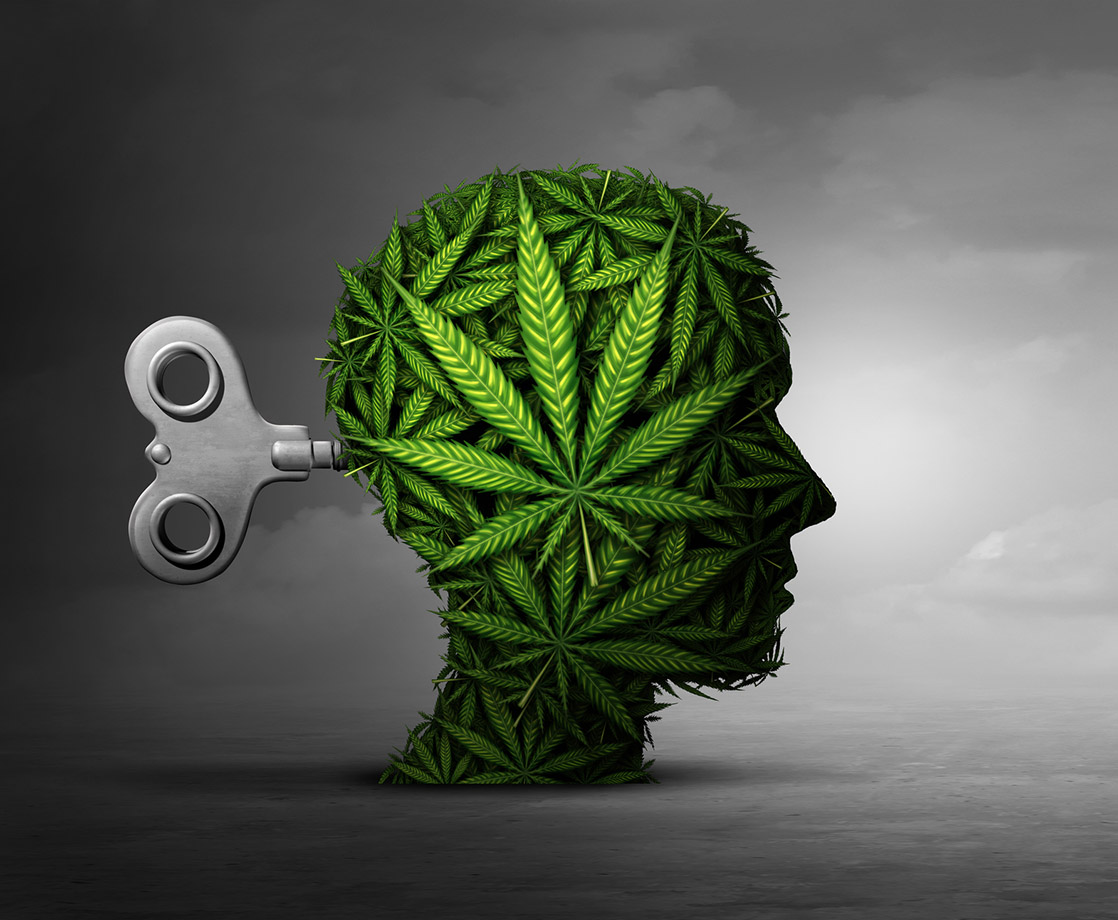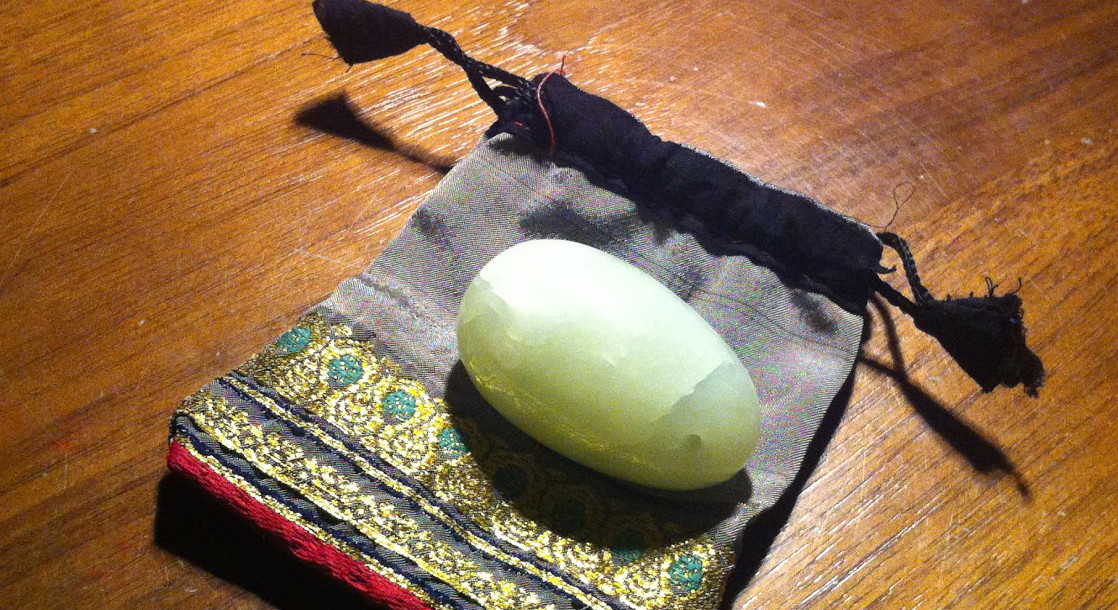Image via
A preliminary study conducted by the Australian biotech firm Neurotech International Ltd., found that certain hemp strains showed neuroprotectant and anti-inflammatory effects on in vitro human-derived brain cells. The results were confirmed by three independent laboratories at Monash University, University of Wollongong, and RMIT University.
Neurotech International announced it would begin making moves to launch Phase I clinical studies for the investigated cannabis products sometime in 2021.
“These final trial results are very encouraging, in particular, the powerful anti-inflammatory mode of action of our strains compared to CBD alone,” Brian Leedman, Neurotech’s chairman, said in a press release. “These results demonstrate that the [lead cannabis strains] may have a broader application in relation to the management and treatment of a number of neurological disorders.”
If the clinical trials prove successful, the researchers believe that these cannabis strains could treat a range of brain-related conditions such as autism, Alzheimer’s, epilepsy, ADHD, multiple sclerosis, or injuries caused by stroke or head trauma.
The cannabis strains, dubbed “DOLCE/NTI” by the researchers, are basically proprietary strains of hemp. Hemp is the form of cannabis that does not cause intoxication. All investigated strains contained less than 0.3 percent THC but contained relatively ample amounts of CBD, specifically CBDA, CBDP, and CBDB.
However, the most notable finding may not be that weak-ass weed could provide the same brain-protecting benefits as the dank, heady stuff, but that weak-ass weed worked better at protecting brain cells than just CBD alone. These early findings provide evidence of the entourage effect, a hypothesized phenomenon where all chemical components of the cannabis plant are more effective as medical treatments than single compounds isolated from the plant.
“CBD alone was shown to be toxic” in the laboratory assays, the researchers wrote. “Not only do DOLCE/NTI strains not kill cells, they increase neuronal cell number.”
Note that CBD’s apparent toxicity in this study does not mean that CBD is actually toxic. It only means that CBD, in this particular environment — where human-derived brain cells were cultured in a test tube or dish — showed toxic behavior. The brain cell culture doesn’t perfectly mimic a real human brain, it only provides clues for how CBD or cannabis extracts may function in the human brain. Isolated cells in assays or cultures don’t benefit from the millions of other chemical reactions found in the human body, and they may be more fragile than their real-life counterparts.
Note, too, that this single study does not prove that hemp protects brain cells. However, these latest results do jive with previous research suggesting that cannabis not only protects brain and nerve cells from inflammation and trauma, but could also encourage the repair and growth of new brain and nerve cells, as well.











